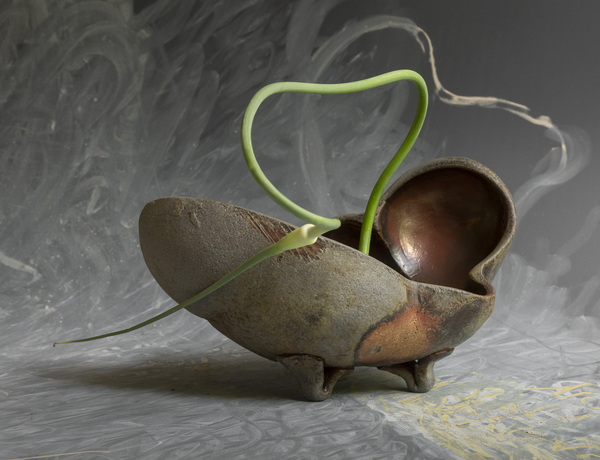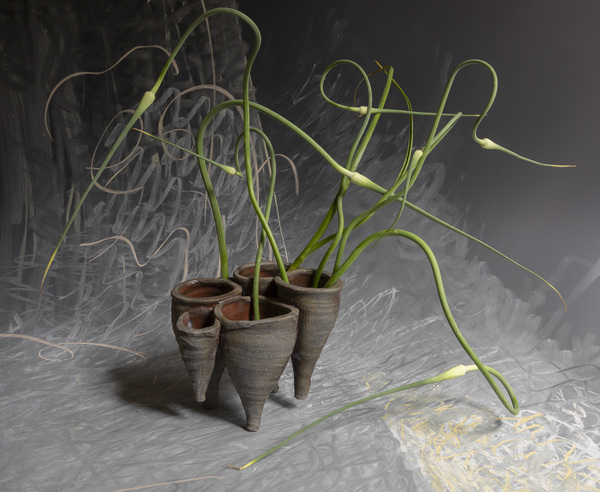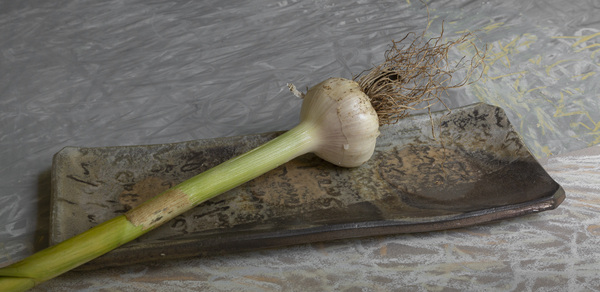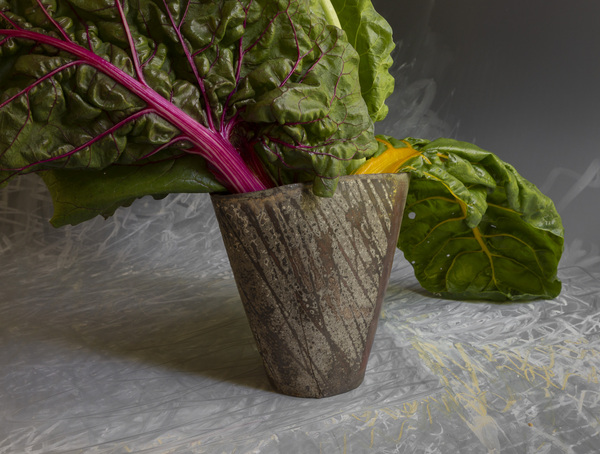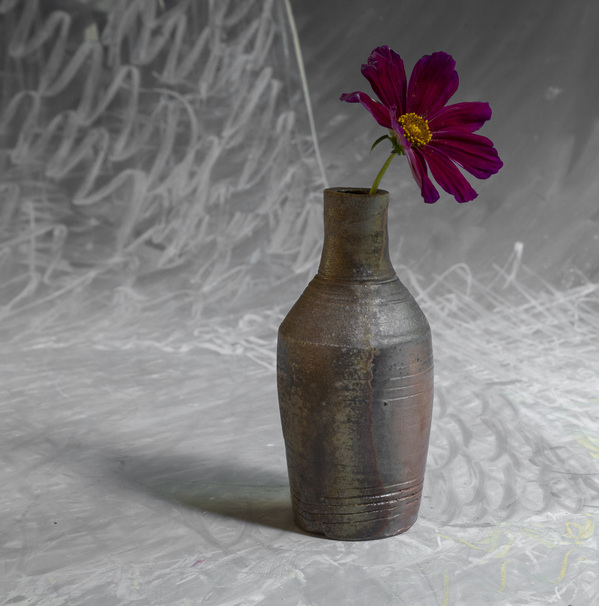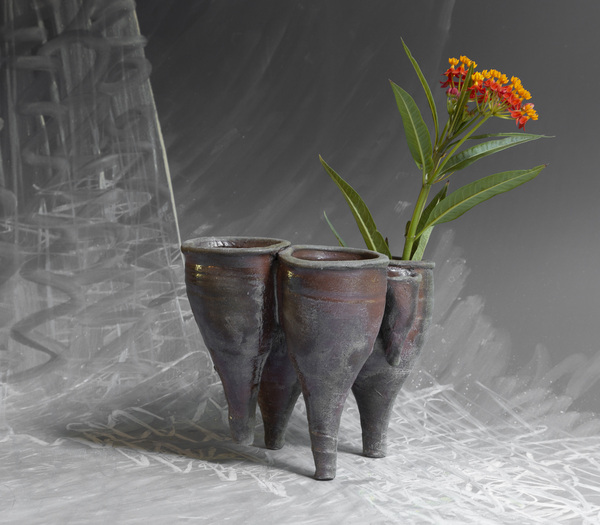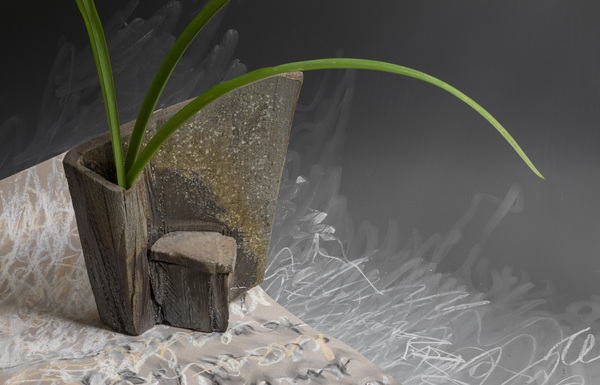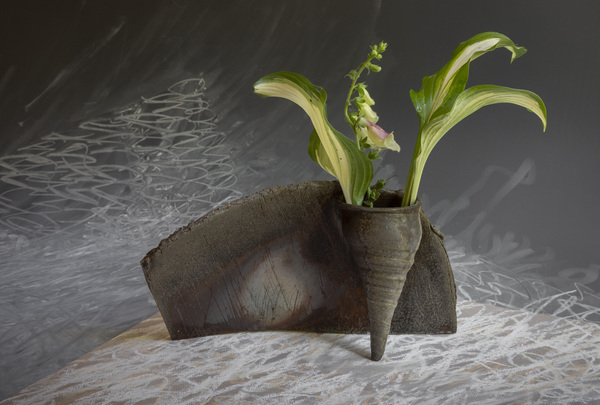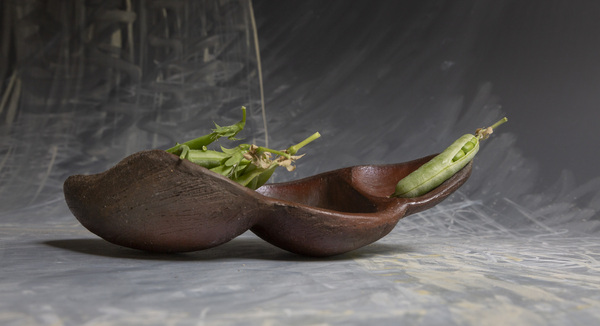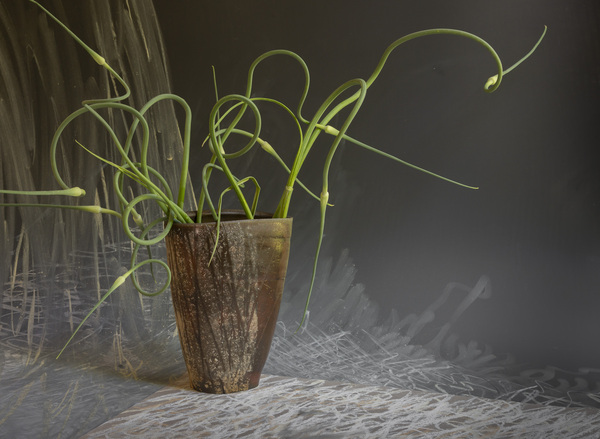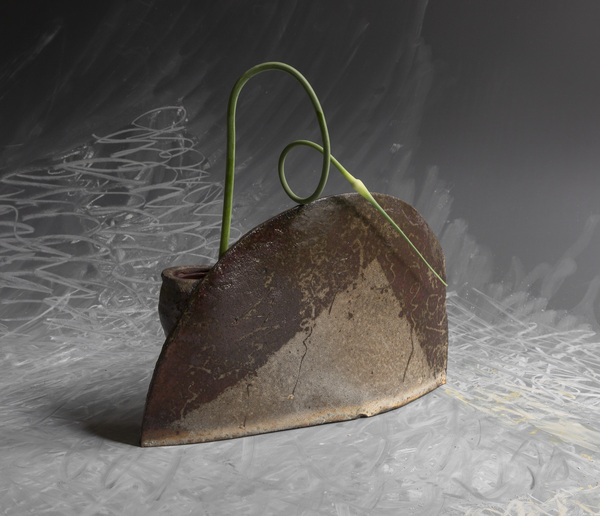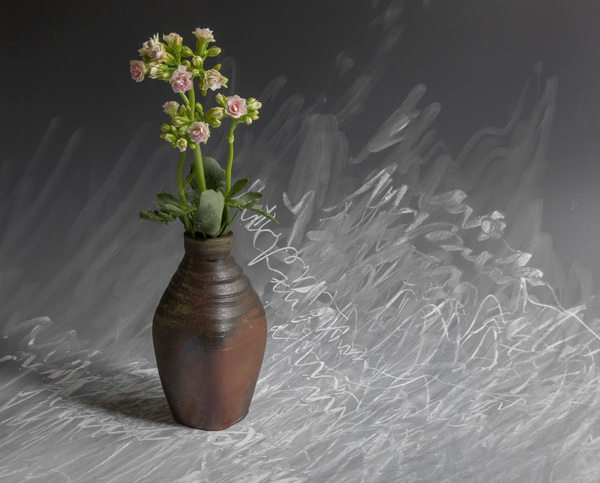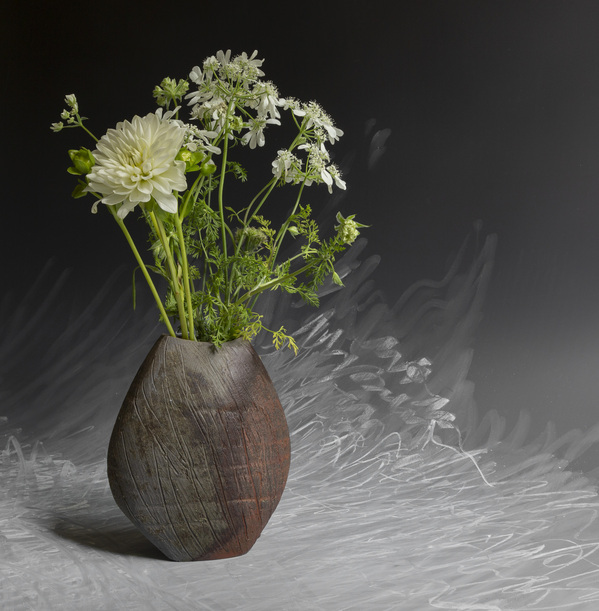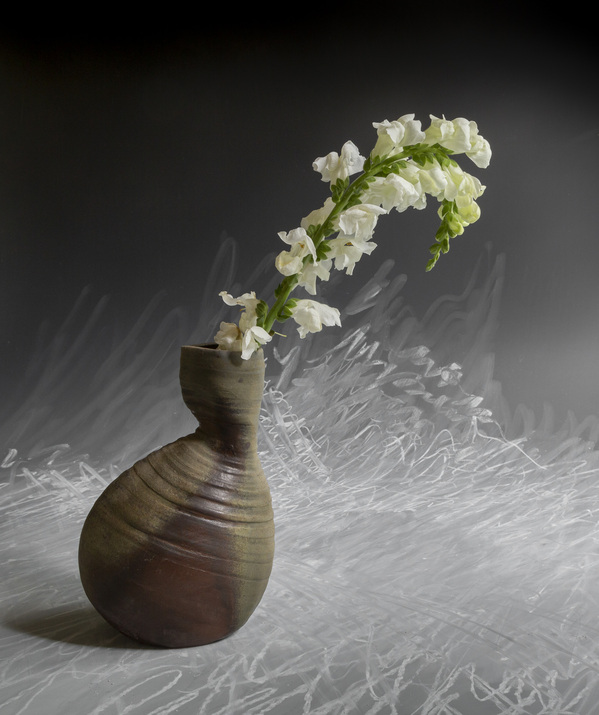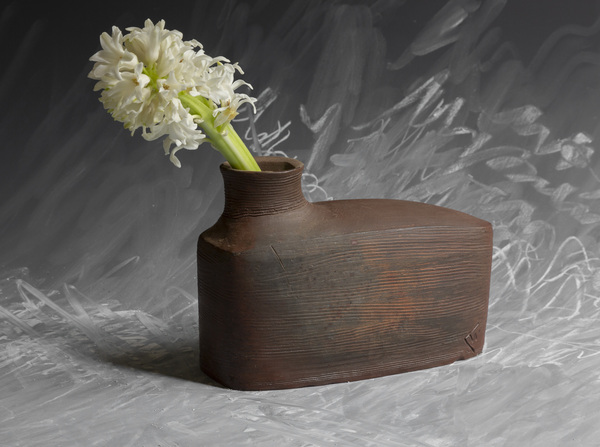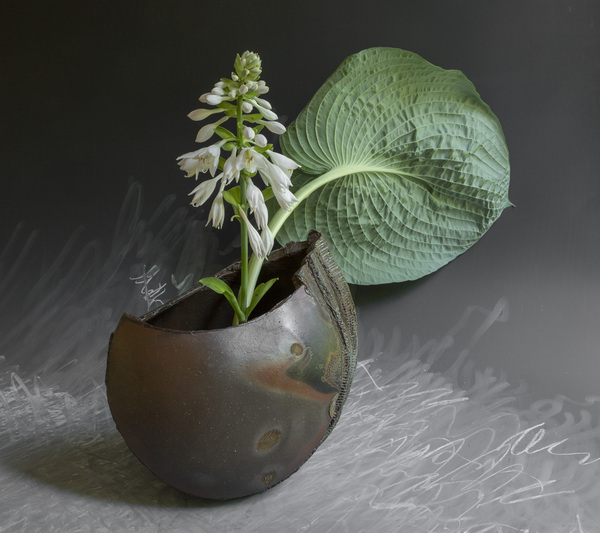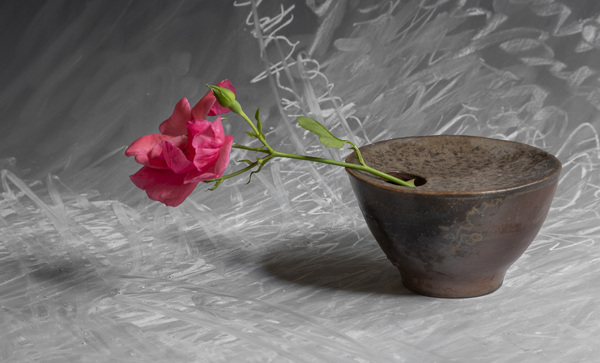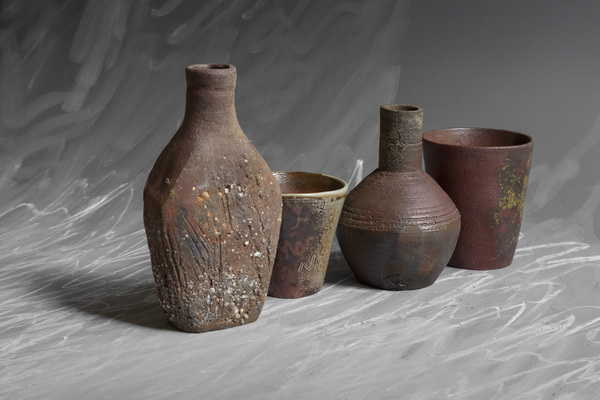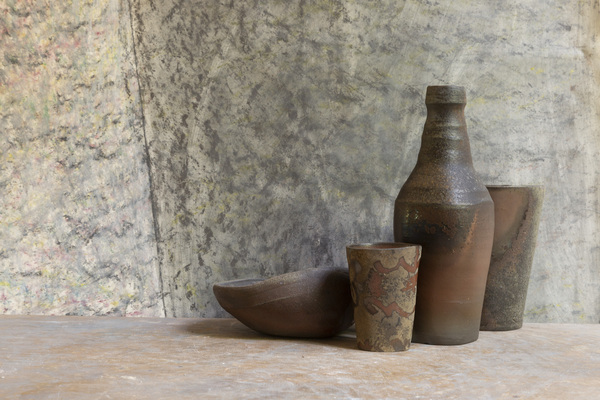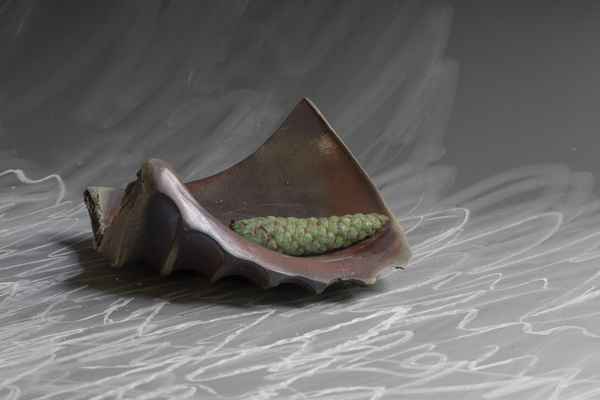― Rebecca Solnit, Wanderlust: A History of Walking
June 2019 Archives
― Rebecca Solnit, Wanderlust: A History of Walking
― Rebecca Solnit, Wanderlust: A History of Walking
― Rebecca Solnit, A Field Guide to Getting Lost
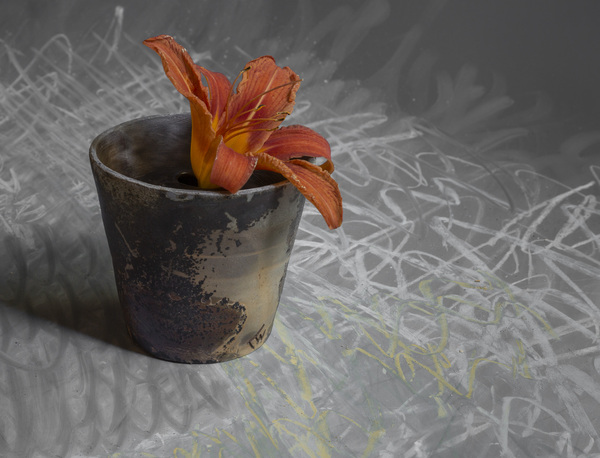
―Rebecca Solnit, A Field Guide to Getting Lost
―Rebecca Solnit, A Field Guide to Getting Lost
― Rebecca Solnit, Wanderlust: A History of Walking
it rained melancholy, it is still raining
in the poets garden. But they are planting
and busy white moths flutter
at random along orderly rows,
a trillion eggs in their ovipositors
waiting to hatch into green loopers
with fearsome jaws"
There are not enough jam jars to can this summer sky at night. I want to spread those little meteors on a hunk of still-warm bread this winter. Any trace left on the knife will make a kitchen sink like that evening air
the cool night before
star showers: so sticky so
warm so full of light--Aimee Nezhukumatathil from her poem "Summer Haibun":
WHAT KIND OF TIMES ARE THESE
There's a place between two stands of trees where the grass grows uphill
and the old revolutionary road breaks off into shadows
near a meeting-house abandoned by the persecuted
who disappeared into those shadows.I've walked there picking mushrooms at the edge of dread, but don't be fooled
this isn't a Russian poem, this is not somewhere else but here,
our country moving closer to its own truth and dread,
its own ways of making people disappear.I won't tell you where the place is, the dark mesh of the woods
meeting the unmarked strip of light --
ghost-ridden crossroads, leafmold paradise:
I know already who wants to buy it, sell it, make it disappear.And I won't tell you where it is, so why do I tell you
anything? Because you still listen, because in times like these
to have you listen at all, it's necessary
to talk about trees.-- Adrienne Rich.
Hunt only at night. Fly erratically.
